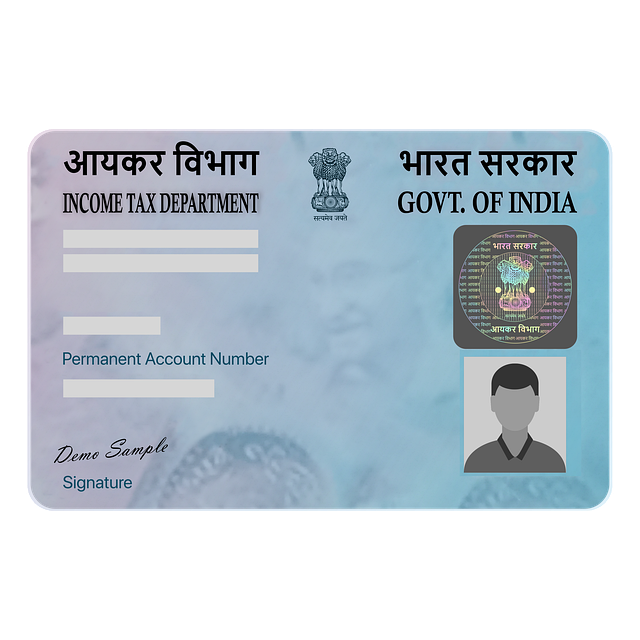Regulatory compliance is crucial for Certified Public Accountants (CPAs) in protecting financial data and maintaining public trust. Accounting compliance audits scrutinize IT systems, focusing on access controls, practices, and record integrity. Effective IT solutions for financial reporting include robust access controls and automation, ensuring accuracy and efficiency while adapting to regulatory changes. CPAs can meet standards, enhance reporting confidence, and uphold integrity by implementing suitable IT tools. Regulatory requirements for data security, access controls, audit trails, and automated validation are vital for accurate audits. Continuous monitoring, regular updates, automated tools, and integrated workflows streamline processes, ensuring secure data retention and passing audits. Best practices include robust data retention policies, clear access controls, user permissions, and proactive security measures, facilitating swift corrective actions during audits.
“In the ever-evolving landscape of finance, CPAs play a pivotal role in ensuring regulatory compliance within IT systems. This article navigates the intricate process of aligning financial technology with legal standards. We explore key aspects such as understanding regulatory requirements, the CPA’s audit role, and implementing effective controls. By delving into these topics, we aim to highlight best practices for maintaining compliance, ultimately fostering trust in the integrity of accounting processes.”
- Understanding Regulatory Compliance for Financial IT Systems
- The Role of CPAs in Ensuring Accounting Compliance Audits
- Key Regulatory Requirements for Financial IT Systems
- Implementing Controls to Meet Compliance Standards
- Continuous Monitoring and Maintenance for Regulatory Adherence
- Best Practices for Effective Financial IT System Compliance
Understanding Regulatory Compliance for Financial IT Systems

Regulatory compliance is a critical aspect of financial IT systems that cannot be overlooked by CPAs. It involves adhering to laws and regulations designed to protect sensitive financial data, ensure accuracy in reporting, and maintain public trust. For CPAs, understanding these requirements is essential to prevent costly audits, penalties, and reputational damage. Accounting compliance audits routinely scrutinize access controls accounting practices, testing the integrity of financial records and procedures.
Effective IT for financial reporting should incorporate robust access controls accounting mechanisms to safeguard data. Accounting compliance IT tools can automate many of these processes, enhancing accuracy and efficiency. By staying current with regulatory changes and implementing suitable IT solutions, CPAs can ensure their organizations meet all necessary standards, fostering trust in their financial reporting and maintaining professional integrity.
The Role of CPAs in Ensuring Accounting Compliance Audits

Certified Public Accountants (CPAs) play a pivotal role in ensuring that financial IT systems meet regulatory compliance requirements. They are responsible for conducting thorough audits, examining accounting records, and verifying the accuracy of financial data within these digital systems. With the increasing complexity of global accounting standards and legal frameworks, CPAs must stay abreast of changing regulations to conduct effective audits.
By leveraging audit trails IT, CPAs can efficiently track and trace financial transactions, ensuring that they adhere to relevant laws and guidelines. This technological assistance enhances their ability to identify potential discrepancies, vulnerabilities, or non-compliance issues within the IT infrastructure. Furthermore, IT legal support is invaluable for CPAs in navigating the intricate web of data security and privacy regulations, particularly regarding CPA file security.
Key Regulatory Requirements for Financial IT Systems

The key regulatory requirements for financial IT systems are crucial to ensure accurate accounting compliance audits. These include robust data security measures, such as encryption and access controls, to safeguard sensitive financial information from unauthorized access or breaches. Additionally, regulatory data systems must maintain complete and unalterable audit trails IT that track all transactions and changes made within the system. This facilitates comprehensive post-event analysis and helps in identifying potential fraud or errors during internal or external audits.
Other vital requirements encompass data integrity checks, automated validation of financial processes, and continuous monitoring for anomalies. IT audits for accountants should regularly assess these aspects to guarantee that the systems meet not only current regulatory standards but also evolving industry benchmarks. By adhering to these guidelines, CPAs can ensure their financial IT systems are capable of supporting accurate financial reporting and enhancing overall operational efficiency.
Implementing Controls to Meet Compliance Standards

Implementing robust controls is a cornerstone of ensuring financial IT systems align with regulatory compliance standards for CPAs. These controls are designed to safeguard data integrity, maintain confidentiality, and enhance the accuracy of financial reporting. By integrating security measures like access controls, encryption, and regular backups into their IT infrastructure, accounting firms can mitigate risks associated with data breaches or manipulation. Furthermore, establishing audit trails IT provides a clear trail of activities, making it easier for CPAs to navigate accounting compliance audits and demonstrate regulatory adherence.
A comprehensive approach involves regularly testing these controls through simulated scenarios and continuous monitoring to identify any gaps or vulnerabilities. This proactive strategy not only reinforces the security posture but also positions firms for smoother and more efficient IT audits for accountants, ultimately enhancing their reputation and credibility in the eyes of clients and regulatory bodies.
Continuous Monitoring and Maintenance for Regulatory Adherence

Maintaining regulatory compliance is an ongoing process for CPAs, and financial IT systems play a pivotal role in achieving this. Continuous monitoring and maintenance are essential practices to ensure that accounting compliance audits are successful and that all data remains secure. Regular updates and checks on regulatory data systems are required to adapt to the evolving legal landscape.
Accounting compliance IT tools can automate many of these tasks, providing real-time alerts for any deviations from established protocols. This proactive approach allows CPAs to swiftly address potential issues before they become significant problems. By integrating these tools into their workflow, professionals can enhance file security and ensure that all records are accurately maintained, thereby simplifying the audit process.
Best Practices for Effective Financial IT System Compliance

Maintaining regulatory compliance in financial IT systems is paramount for CPAs to ensure accurate and secure accounting practices. Best practices involve implementing robust data retention policies that align with industry standards and audit requirements. This includes regular backups, secure storage, and defined retention periods for all relevant financial data. Integrating specialized IT for financial reporting tools can streamline these processes, enhancing efficiency while reducing human error.
Additionally, establishing clear access controls and user permissions is crucial. Only authorized personnel should have access to sensitive financial information, minimizing the risk of unauthorized modifications or breaches. Regular security audits and penetration testing further reinforce data retention CPA capabilities by identifying vulnerabilities and ensuring the integrity of the system. Utilizing accounting compliance IT tools designed for continuous monitoring can proactively detect anomalies, facilitating swift corrective actions during audits.
